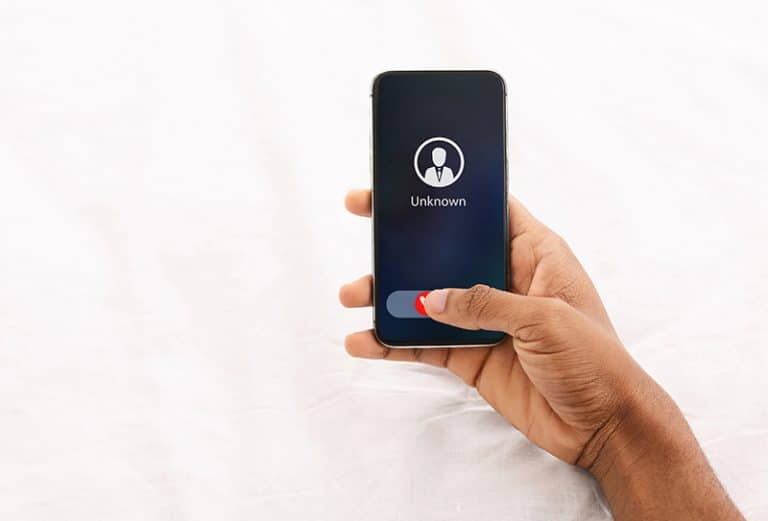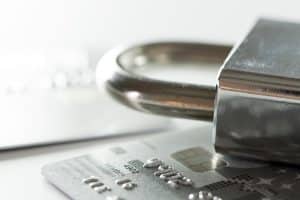How to Protect Yourself from Scams
Did you know it takes an average of 82 seconds for someone to fall for a new scam? With technology constantly evolving, scams are popping up more and more. It is important to protect yourself from scams to avoid having your information stolen.
Types of Scams
Scams are designed to give you feelings of stress and urgency in order to make you respond quickly. Therefore, don’t respond immediately and you should never share your private information online. This includes your bank account information, address, phone number, Social Security Number, or any of your passwords.
If you use a cellphone or have an email account, you’ve likely been exposed to an attempted scam. It’s important to familiarize yourself with common scams so you can spot them before they turn into costly mistakes.

There are many types of scams, including dating schemes, fake charities asking for money, and identity theft. To familiarize yourself and learn more about the different types of scams, visit the button below!

What to do if you’ve fallen for a scam:
- Report it online through the Crime Complaint Center and the Federal Trade Commission.
If you receive a scam from a company or person:
- Let them know that they are the subject of a scam
- You should also let your friends and family know
How to Avoid Scams:
1. If you receive an email that looks suspicious, don’t respond quickly. 2. Take a minute and pause before responding.
3. Ask for help if you are unsure if an email is a scam. If it looks wrong, it probably is.
4. Go to the website typing in the URL in the address bar instead of clicking the links. By clicking links, you could open yourself up to being hacked.
5. Be cautious when checking emails on your phone, because they might look different than on a computer.
Identity Theft
Identity theft is the fastest growing non-violent crime in North America. Globally, it costs its victims billions of dollars, not to mention the time and hassle involved in recovering a stolen identity. The key to preventing identity theft is being smart with your personal information.
Five Kinds of Identity Theft:
- Trash can identity theft
- Phone identity theft
- PIN Pad identity theft
- Mailbox identity theft
- Computer identity theft

How to Avoid Identity Theft
- Keep your documents safe and shred (rip, cut or tear) anything with your name, address or any personal information. This includes envelopes, old bank statements, cancelled credit cards, old cellphone bills, ATM receipts and old paycheck stubs.
- You should always use a password for your cellphone
- Don’t check anything with personal information on public Wi-Fi networks
- Don’t share personal information on your phone, especially passwords
- Always keep your credit card in sight
- Use your hand to block buttons when entering your PIN
- Choose a good PIN that means something to you. Avoid PINs based on birthdays or addresses, easy PINs like 1234, or the same PIN as your phone password
- Know when important mail is coming, such as birthday and holiday cards. If you don’t receive mail on time, it could be a sign of identity theft
- Lock your mailbox
- Ask for help when setting up electronic statements
- Delete or report suspicious emails. If you don’t know who the email is from, don’t open it
- Don’t share too much information. You should always think before you post on social media. It’s never a good idea to make public when you’re going to be out of the house.
Athlete Leadership Programs sponsor, Ent Credit Union, provides free financial education and resources to help you improve your financial quality of life. Visit Ent.com/FinancialWellness for additional resources on how to avoid scams and stay safe!


